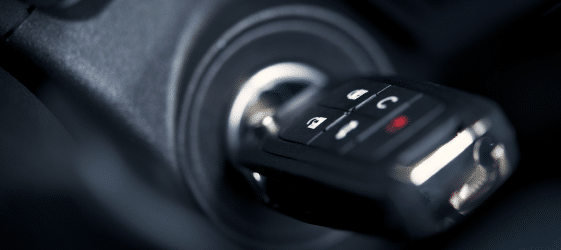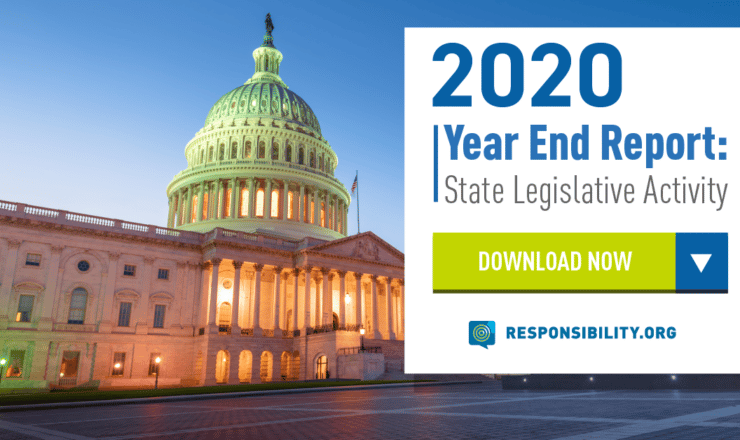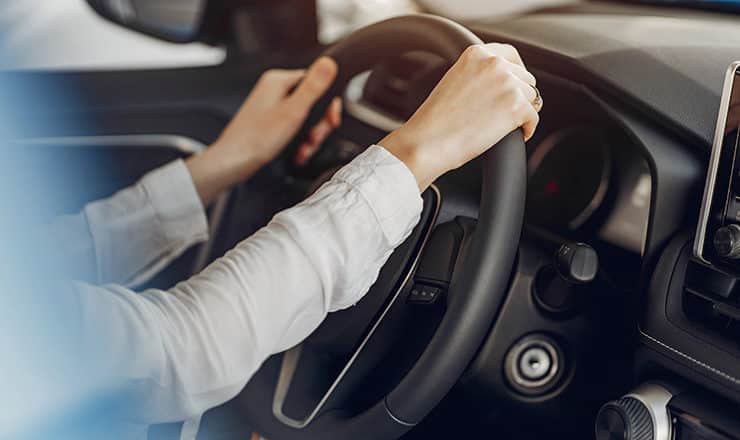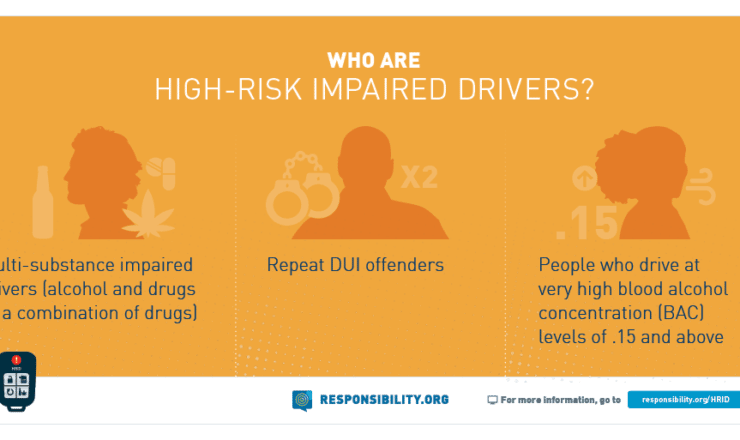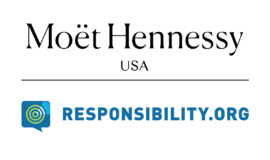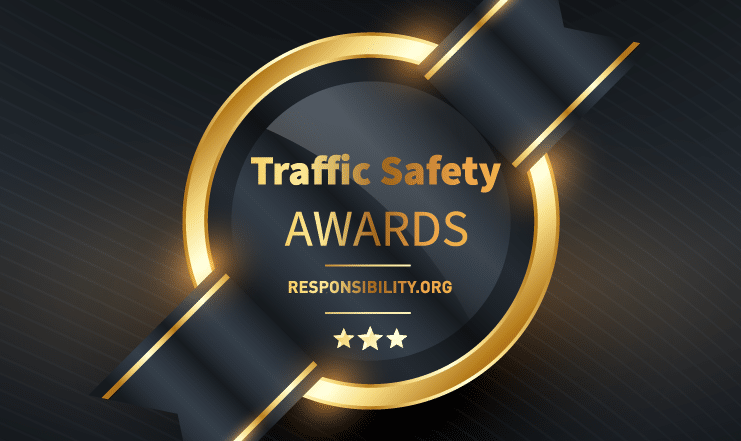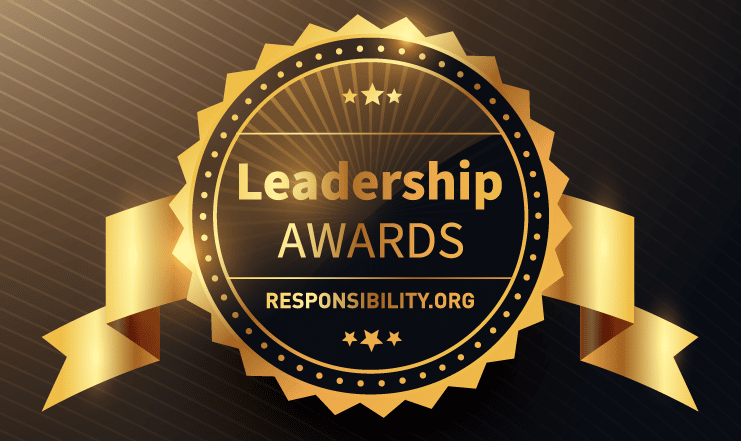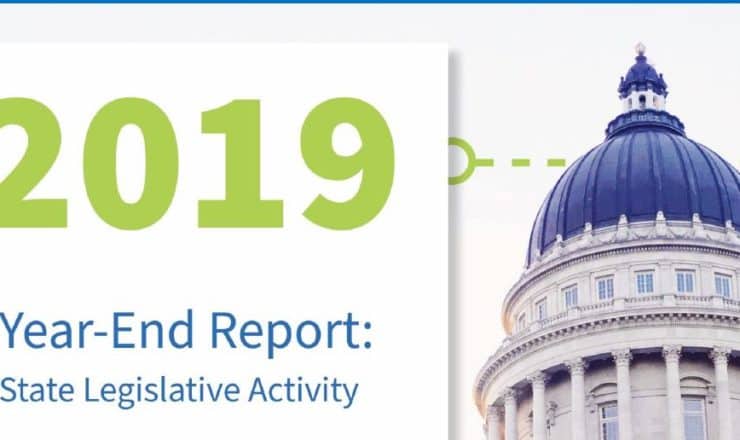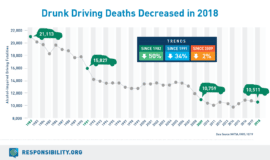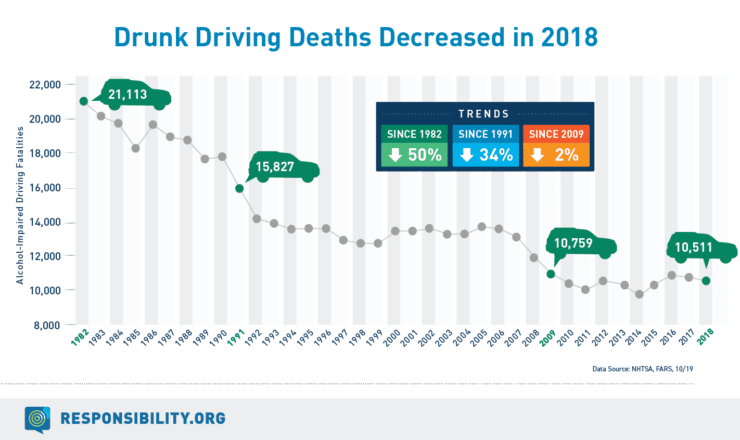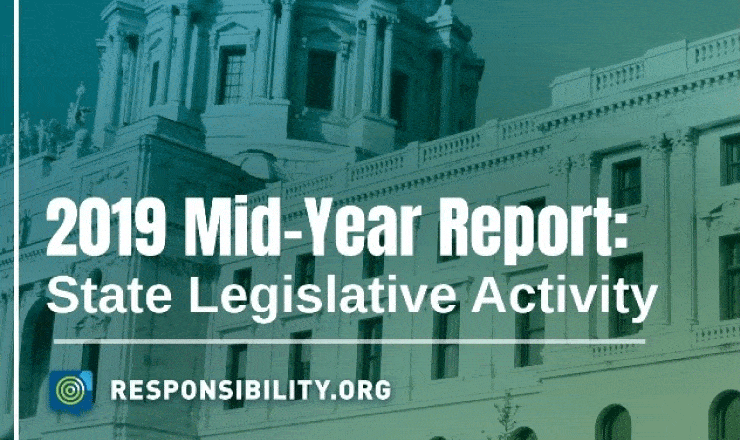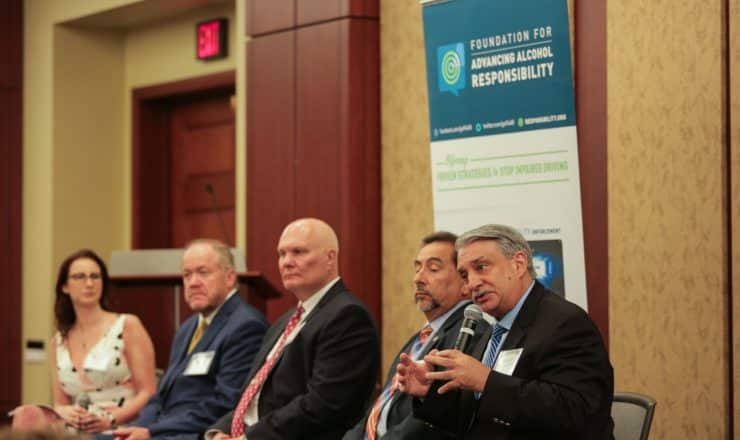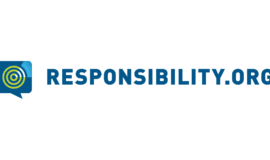A Good Marriage: Results of the Michigan DWI Court/Ignition Interlock Program Evaluation
We all have faults and weaknesses. If we are fortunate, a good marriage can do wonders in mending a partner’s shortcomings. What is true for individuals can also be true for highway safety programs.
DWI Courts have a good track record in dealing with the addictions of repeat DWI offenders. However, since these offenders typically have no driving privileges, it is frequently very difficult for DWI Court participants to meet program requirements to travel to court, treatment, and testing.
Research has shown that ignition interlocks are effective in reducing DWI recidivism while the devices are on the vehicles. However, interlock installation compliance rates are frequently quite low. Research has also revealed that once you take the devices off the vehicles, recidivism rates eventually return to levels comparable to those of offenders who did not utilize interlocks.
In an attempt to combine the benefits of these highway safety programs, the Michigan legislature has married DWI Courts to ignition interlocks. Repeat DWI offenders in Michigan can secure broad restricted licenses by participating in any of Michigan’s DWI Courts, if they place ignition interlocks on their vehicles.
The statute creating the DWI Court/Ignition Interlock Program includes a requirement that research be conducted as to the effectiveness of the program. Recently the findings for the third year of the research project were released.
The study showed that 98.2% of program participants who were ordered by the DWI Court judge to install the interlock on their vehicles have complied. This is a surprisingly strong number. However, you must consider that these participants appear before the judge every two weeks, and if they do not install the device, they will likely spend the next weekend in jail. Possibly more significant, the DWI Court participants know that the only way that they will be getting any type of license in the foreseeable future is to comply with the requirements of the program. Meaningful rewards are more effective in changing behavior than sanctions and the ignition interlock license appears to be a reward that is a powerful motivator for DWI Court participants.
The study also compared recidivism rates between five DWI Courts whose participants have interlocks on their vehicles with restricted licenses (DWI Court Interlock Group), and participants in the same five DWI Courts for the year prior to the start of the DWI Court/Ignition Interlock program (DWI Court Non-Interlock Group). Finally, they were compared to repeat DWI offenders demographically matched to the other groups who are on standard probation (Standard Probation Group).
Two types of recidivism are measured, new DWI convictions and any new criminal conviction. Recidivism numbers are also broken down by participants being studied up to two years (people generally still on probation) and participants studied for more than two years (people no longer on probation). The recidivism numbers are drawn from actual state records for new convictions.
As demonstrated by the chart below, the DWI Court Interlock Group outperformed the other groups with significantly lower recidivism in both DWI convictions and all convictions. Possibly the most telling numbers relate to the new DWI convictions after two years in the program (people no longer on probation). How people do when they are no longer under court supervision is where the rubber really meets the road for highway safety purposes. The DWI Court Interlock Group has a DWI recidivism rate of 1.7% as compared to the DWI Court Non-Interlock Group with 4.5% and Standard Probation at 5.2%.
Two measures between the DWI Court Interlock Group and the DWI Court Non-Interlock Group are also worth consideration. The program failure rate (people who do not successfully complete DWI Court) for people in the DWI Court Interlock Group is 10%. The same failure rate for the DWI Court Non-Interlock Group is 34%, a number similar to what has been seen in other DWI Courts around the country.
We are not comparing apples and oranges. These are the same DWI Courts, same judges, same probation departments, and treatment providers. It may be suggested that the higher motivation evident in the Interlock Group helps to keep participants in their DWI Courts for longer periods.
Finally, we studied the percent of program participants who had positive drug screens while in the programs. The DWI Court Interlock Group had a positive screen rate of 1.0%. The DWI Court Non-Interlock Group had a rate of 6.51%. This may indicate that the more highly motivated Interlock Group participants are taking steps to make other aspects of their lives more manageable.
There are two years remaining in this five-year research project. Any couple joined in marriage for three years are certainly considered to be newlyweds. However, the early indications are that this is a good marriage.
A copy of the full evaluation can be accessed here.
For more information about Michigan DWI Courts and the ongoing evaluation, please contact Judge Harvey Hoffman: [email protected]
The Honorable Harvey Hoffman has been the Chief Judge of 56-A District Court in Charlotte, Michigan since 2004. Judge Hoffman has been a sitting DWI Court judge since 1997 and is the longest serving DWI Court judge in the United States. Prior to this, he had a private law practice in Lansing from 1983 to 1996. Judge Hoffman has previously served as the President of the Michigan Association of Drug Court Professionals (MADCP), Chairman of the National Association of Drug Court Professionals (NADCP) DWI Committee, and the NADCP Senior Judicial Fellow. He was also named the NHTSA Judicial Fellow for 2011-2012. Judge Hoffman is also the primary author of the Michigan Drug Treatment Court Statute and the Michigan DWI Court/Restricted License Interlock Legislation. He has been the recipient of multiple awards and recognition for his work with regard to impaired driving. He received his B.A. from Western Michigan University and his J.D. from Thomas M. Cooley Law School.
*The views and opinions expressed in this blog are solely those of the author and do not necessarily reflect the views of the Foundation for Advancing Alcohol Responsibility (Responsibility.org) or any Responsibility.org member.*



